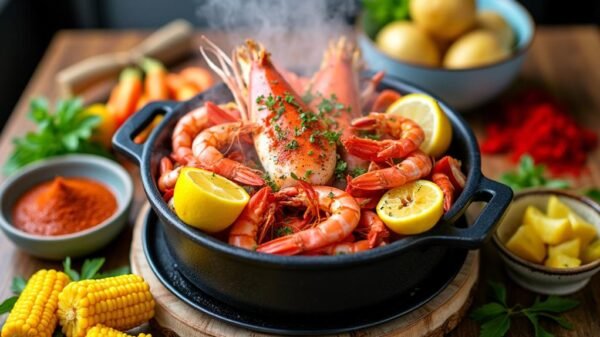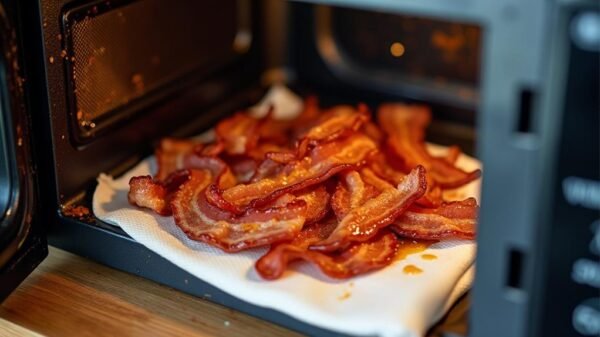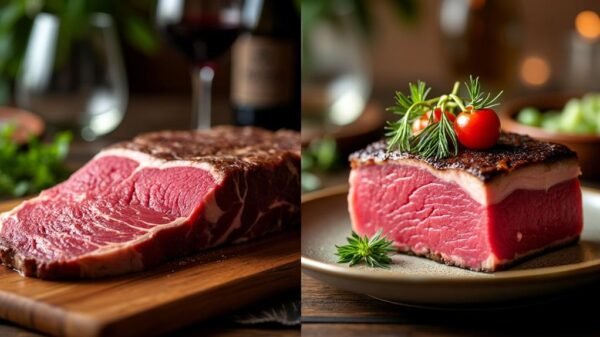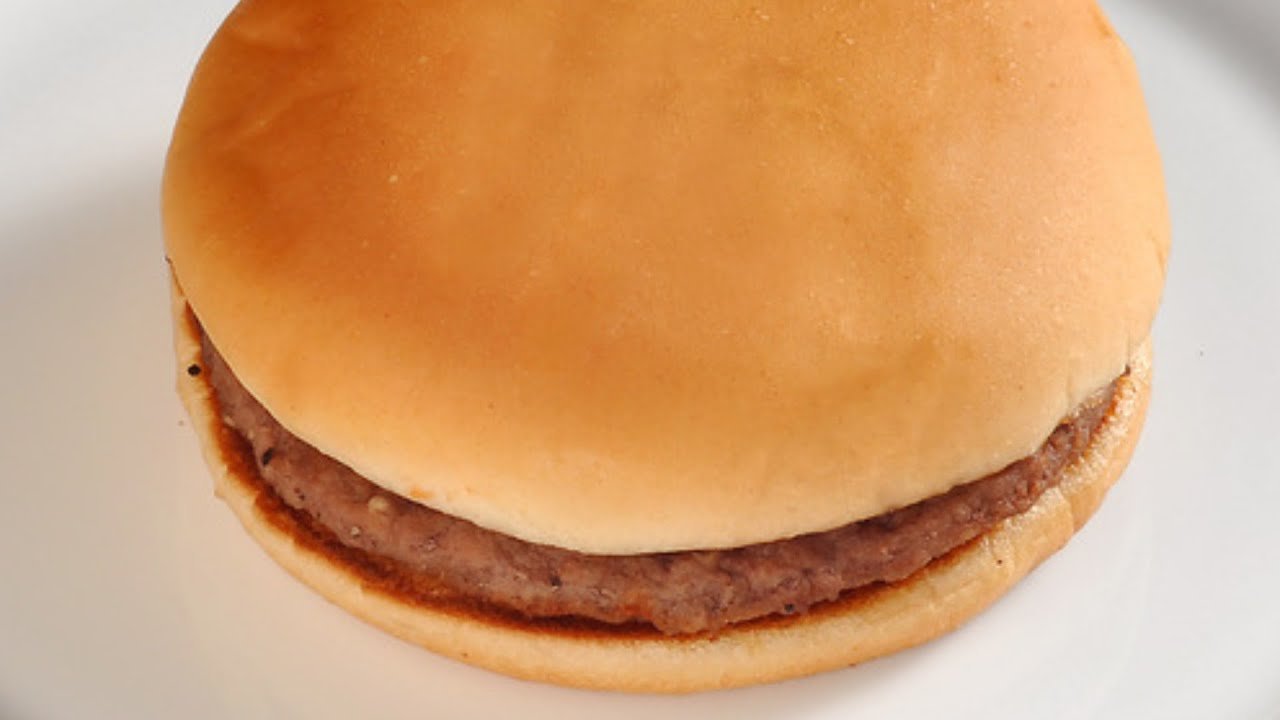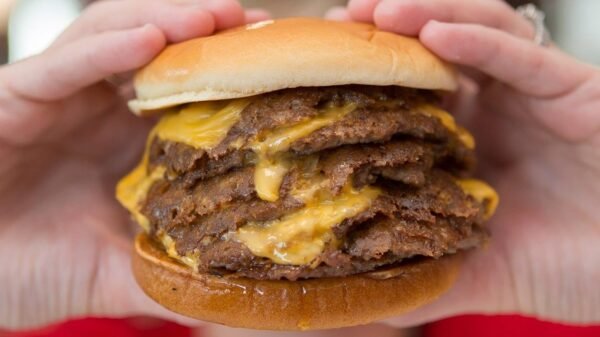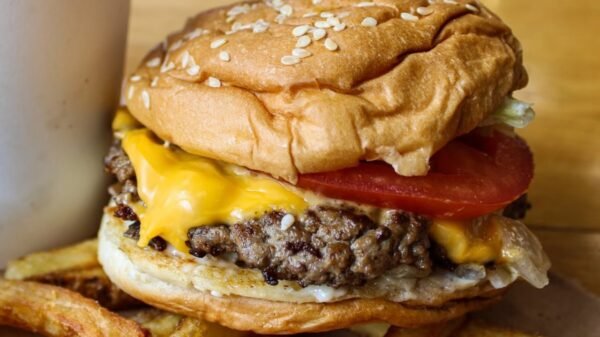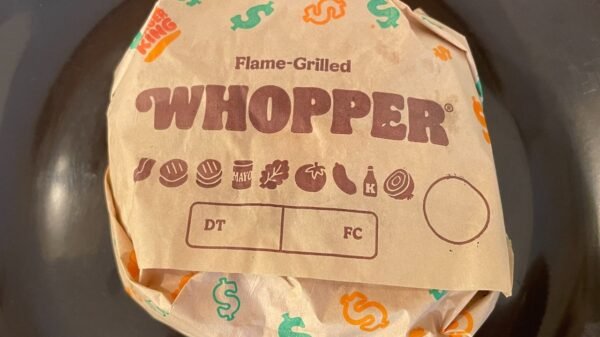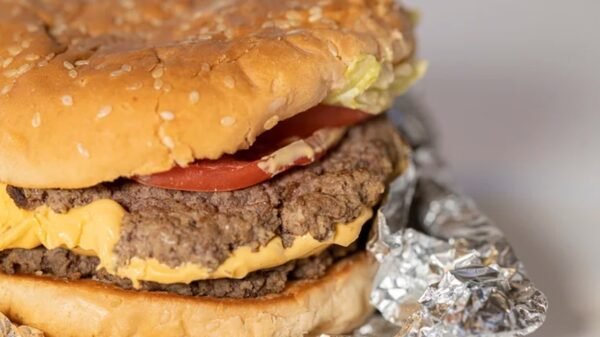Exploring Burger King’s Menu Evolution Through The Years
Burger King, a name synonymous with fast food, has a rich history that dates back to 1953. Its menu has undergone significant changes, reflecting evolving customer preferences and industry trends. This article takes you on a nostalgic journey through the different phases of Burger King’s menu from 1953 to 2019.
Early Years: 1953-1956
Burger King began in 1953, initially known as "Insta-Burger King." The fledgling menu was simple and straightforward, featuring basic items. The Insta-Burger, a precursor to today’s Whopper, was the star attraction, priced affordably to entice customers in a post-war economy. Drinks and fries were standard accompaniments, emphasizing a no-frills dining experience.
Prominence and Growth: 1957-1977
In 1957, Burger King introduced the Whopper, a milestone in its culinary history. The Whopper quickly became iconic, setting Burger King apart from competitors. During this era, the menu expanded to include various burgers, milkshakes, and breakfast items. The chain’s slogan, "Have it your way", epitomized the brand’s customer-centric approach.
The 1960s witnessed the addition of the “Yumbo,” a hot ham and cheese sandwich, followed by the bacon cheeseburger in the 1970s. Burger King capitalized on a growing appetite for variety among consumers.
Transition and Refinement: 1978-1982
By this period, Burger King continued refining its menu, maintaining the Whopper’s supremacy while experimenting with seasonal and regional items. Menu boards saw the introduction of the Burger King Light, catering to health-conscious patrons. In 1979, Burger King rolled out the BK Fish sandwich, diversifying its offerings with non-beef choices.
Expansion and Experimentation: 1983-1986
The mid-1980s were marked by experimentation. Burger King launched the Double Whopper, taking indulgence a notch higher. Specialty sandwiches, such as the Italian Chicken Sandwich and the Whaler, were periodically introduced. Marketing campaigns became more targeted, fostering brand loyalty.
Competitive Edge: 1987-1989
During these years, Burger King fortified its position with menu enhancements to better compete with rivals. Innovations included the BK Chicken Tenders and the Croissan’wich. The chain diligently responded to customer feedback, ensuring relevance amidst changing dietary trends and preferences.
Modernization Phase: 1990-2001
The 1990s were transformative, with Burger King modernizing its menu to suit a fast-evolving food landscape. The BK Broiler, a grilled chicken sandwich, was introduced, appealing to health-conscious consumers. Vegan and vegetarian options began to surface, reflecting a broader inclusive approach.
Technological advancements also played a role. Drive-thru efficiency and promotional tie-ins with popular culture helped Burger King retain its competitive edge.
The New Millennium: 2002-2004
This era was defined by bold moves and snack-size innovations. The BK Veggie, a vegetarian burger, made its debut. Items like the Chicken Fries and the Western Whopper diversified the menu, catering to niche markets while reinforcing traditional favorites.
Renewing Classics: 2005-2007
A focus on revisiting and revitalizing classic offerings marked these years. The Whopper Bar concept experimented with gourmet ingredients. Breakfast items saw a rejuvenation, with the Enormous Omelet Sandwich standing out as a substantial addition.
Technological Adaptation: 2008-2009
Incorporating technological advancements, Burger King explored digital ordering systems. Menu items like the BK Triple Stacker showcased an accommodating stance towards super-sized portions amidst a growing trend of customization.
Enhanced Nutrition Focus: 2010-2012
Acknowledging a shift towards healthier eating, Burger King revamped its menu to include more nutritious options. The Tendergrill Chicken Sandwich and garden salads appealed to health-conscious patrons, while maintaining core offerings.
Market Adaptation: 2013-2015
Responding to global trends, Burger King reintroduced the Satisfries, lower-calorie French fries. Regional specialties became a focus, with menu items tailored to local tastes across different markets. Marketing strategies emphasized fresh ingredients and freshly prepared meals.
Modern Fast Food: 2016-2017
Experimentation continued, merging classic menu items with trendy ingredients. The Whopperito, a mash-up of the Whopper and a burrito, typified Burger King’s innovative approach. Healthier sides like apple slices and milk catered to families and children.
Recent Additions: 2018-2019
The Impossible Whopper, launched in 2019, represented the pinnacle of Burger King’s adaptation to a plant-based diet trend. The introduction of the Chicken Caesar Sandwich and other gourmet items demonstrated a shift towards a more premium, diverse menu catering to a broader demographic.
The Journey Continues
Burger King’s menu evolution is a testament to its ability to adapt and innovate. From humble beginnings to a diverse array of offerings, Burger King consistently responds to consumer demands while maintaining its core identity. As dietary trends continue to shift, one can expect Burger King to further refine and expand its menu, ensuring relevance and satisfaction for its loyal customers.





